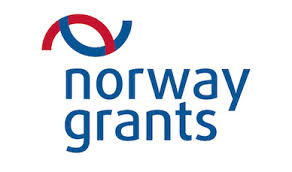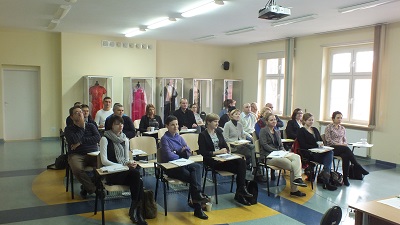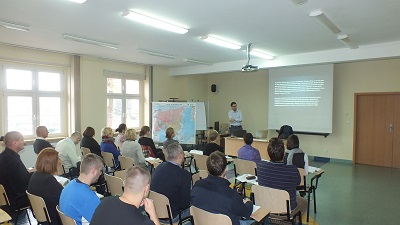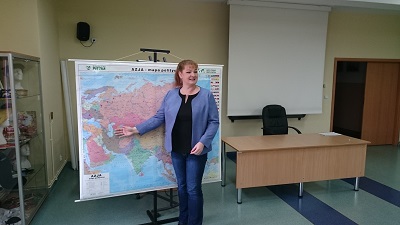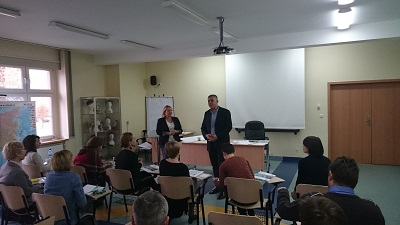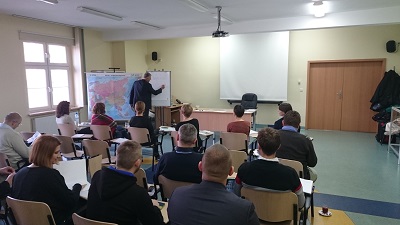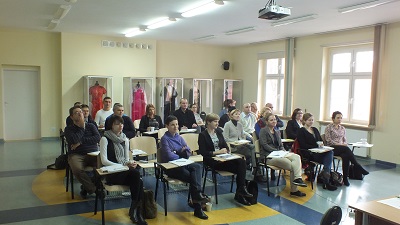
A ‘Workshop on experience sharing related to rulings on providing foreigners with protection (according to Geneva and Rome Conventions)’ has been carried out inside the Border Guard Centre for Specialised Training in Luban from 04 to 06 November 2015. The participants of the course were the representatives from almost every BG Regional Unit, the Office for Foreigners and lecturers of BG CST in Luban. This was yet another edition of the workshop, this time devoted to Near East countries. The main goal of the workshop was to familiarise the participants with present situation and roots of conflicts in selected Near East countries, as well as provide information on ways of recognising foreigners coming from these regions. During the first day of workshop, the expert – PhD. Aldona Piwko for Cardinal Stefan Wyszynski’s University presented the contemporary situation in Syria and Iraq, resulting in the increased inflow of refugees from that region. She described the situation of Kurds, their geographical, political, ethnical and language uniqueness. One of the main aims of the lecture was to present the characteristic features that may help in recognising people from these areas, related to religion, culture, dress code, jewellery and tattoos. The expert giving lecture during the second day – MA Dominik Malgowski, specialist on Arabic culture – presented everyday life, social relations and problems faced by local communities in relation to “Arabic Spring” in four countries from the region: Syria, Libya, Iraq and Yemen, based on expert’s own observations during visits to these countries. The last day was devoted to Palestinian refugees – their situation, legal status, social and political life, as well as humanitarian situation was presented by PhD. Tarek Abo Saeid, specialist on law sciences and long-time academic lecturer.
The meeting was co-financed in the frames of Norwegian Financial Mechanism (Project No. 26/NMF PL 15/14 ‘Enhancing competence and qualifications of public administration within the scope of migration and asylum with special attention paid to preventing irregular migration’).
